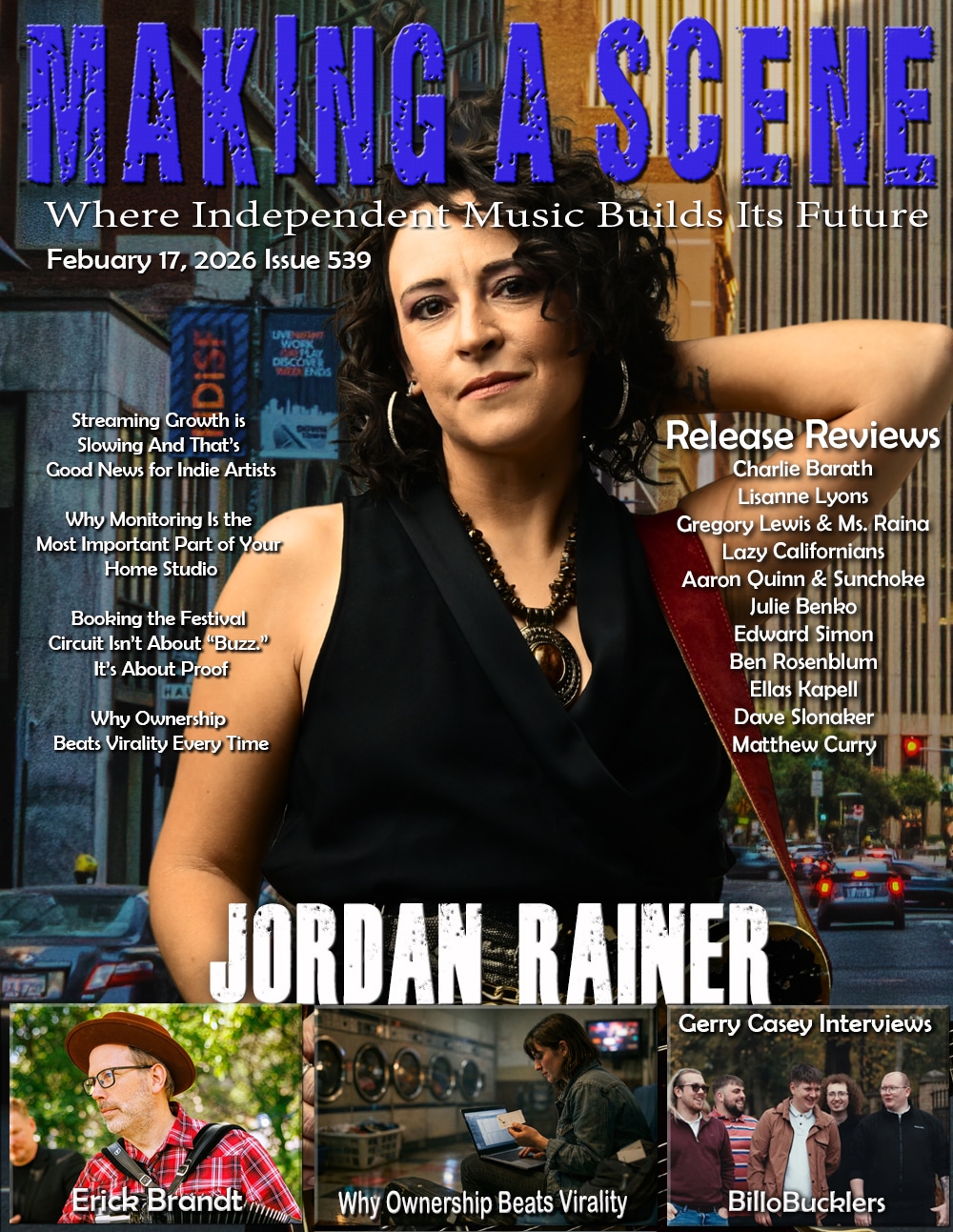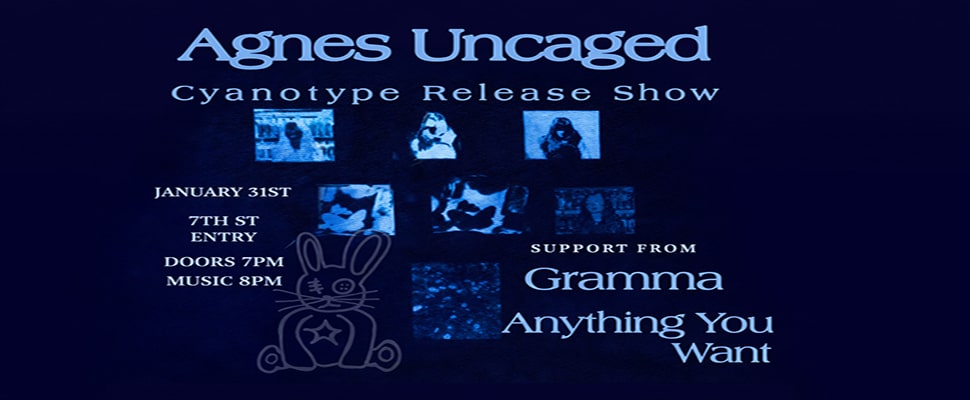Jussi Reijonen Three Seconds/Kolme Toista
Three Seconds/Kolme Toista
Challenge Records International
If you were to know that the leader has lived in Finland, Jordan, Tanzania, OMan, Lebanon, and the United States, it would pique your curiosity. Add to that the unusual instrumentation and background of the players in his nonet: Jason Palmer on trumpet and flugelhorn; Bulut Gülen on trombone; Layth Sidiq, violin; Naseem Alatrash, cello; Utar Artun, piano; Kyle Miles, bass; Keita Ogawa, percussion; and Vancil Cooper on drums. Reijonen plays guitars and oud. The musicians are from Jordan/Iraq, Palestine, Turkey, Japan, and the United States. He wrote his suite with each individual in mind, allowing each to express himself as part of the collective. It’s certainly rare to have an artist born near the Arctic circle in the upper reaches of Finland stretch those cultural influences and sound to the African desert, the Middle East, the Far East, and the American jazz centers of Boston and New York. Call it a transcultural suite but understand that Reijonen is not trying to be clever; the music is deeply personal, a cathartic release of coming to grips with hi sown identity and personal crises before and after the pandemic, which he relates in the liner notes.
The five-piece suite begins very quietly with “The Veil.” Following a single suspended guitar chord, the cello expresses the short melody that underlies the movement, which the brass and violin soon enjoin. Percussion becomes a big element in the piece as a booming bass drum and subsequent crashes disturb the calm, although nothing is really peaceful. Instead, it remains edgy and even disarming. Sections begin and end almost as quickly as they develop with a myriad of textures along the way, whether it be the violin, piano, or ensemble brass. Yet around the five-minute mark the cacophony dissipates and we are left with thudding percussion, sustained brass notes, and the piano picking up the original melody. The melody wins, and a peace finally arrives.
“Transient,” certainly an apt title for Reijonen’s many journeys, is unsettling in a more Mideastern kind of sonic, beginning with the haunting sound of Sidiq’s violin. Reijonen’s oud is paired with various percussion from Cooper and Ogawa, and it, like sections of its predecessor, stays tense but carries an air of rootlessness that never resolves itself until the last three emphatic chords. The key movement of the suite may well be the one with the lengthy title, “The Weaver, Every So Often Shifting Sands Beneath Her.” It begins with Reijonen playing repetitive rock-like riffs on electric guitar, soon joined by the bass. The piece tantalizing builds into a broader orchestral sweep with the trombone, flugelhorn, and violin in unison for the melody. There’s a brief statement from a pizzicato violin followed by a trombone turn and then a pause. Like a conductor waving his baton, the leader reboots the band, with Cooper creating fireworks on his kit, only to have the piece end with a deeply emotive lament carried by the flugelhorn.
“Verso,” from this writer’s vague recall of Latin, means ‘change’ or beginning anew, the latter a Finnish interpretation ‘to sprout’ or ‘to grow.’ It begins in familiar fashion with what sounds like the same single strummed chord as in the opening “Veil.” After a pause, the guitarist reenters and soon solos over hand percussion. Then, at around two minutes, an alarming change ensues with dissonant and violent passages on the violin and brass followed by the gentle say of guitar and hand into a vigorous exchange between trumpeter Jason Palmer and violinist Sidiq, the former jazz-like, the latter expressing Mideastern strains. Percussion again becomes prominent and then a piano solo. None of the solos are extensive, and the leader never dominates. The pieces have so many sections, they are like mini suites within the piece. Here, for example after the explosive moments, there’s a chorale version of the original melody, another resolution technique, different from Reijonen’s preceding ones. Yet, a single instrument is heard at the end as in some of the others, this time the violin.
The final movement, the ten plus minute “Median,” begins with Palmer articulating the stately melody on flugelhorn., soon joined by trombone and the rest of the band. As true to previous traits, Reijonen does not let us linger in a peaceful zone for long as industrial-sounding percussion doesn’t interrupt but does disturb the flow. At times, the bowed cello and violin stand out and the tinkling piano adds brightening tones. The melody swells to huge proportions as the whole band plays around the five and half-minute mark. Eventually the proceedings seem to almost dissolve into swooshes of piano and trance-like electric guitar loops, creating a drone-like floating effect. We are left to wonder whether our protagonist has reached his destination and is enjoying peaceful bliss or whether we’ve entered a timeless world. It’s the one piece of the suite that never really resolves itself, or does It in the composer’s own, idiosyncratic way?
This fascinating music is attributable not only to Reijonen’s impeccable compositional skills but the pedigree of these musicians. Collectively, they boast a jaw-dropping list of credits that includes work with Roy Haynes, Herbie Hancock, Wynton Marsalis and the Lincoln Center Jazz Orchestra, and Ravi Coltrane (Palmer); Dianne Reeves, Kurt Elling and Christian Scott (Gülen); Simon Shaheen, Jack DeJohnette, and Danilo Perez (Sidiq); Turtle Island Quartet, Terence Blanchard and Ron Carter (Alatrash); Bobby McFerrin, Maria Schneider and Rudresh Mahanthappa (Artun); Terri Lyne Carrington and Angelique Kidjo (Miles); Snarky Puppy and Yo-Yo Ma (Ogawa); and Queen Latifah and Lalah Hathaway (Cooper).
This is a dazzling 42 minutes – a journey unlike any other that somehow feels much longer. Simply brilliant, unique, and compelling.
- Jim Hynes
Buy Us a Cup of Coffee!
Join the movement in supporting Making a Scene, the premier independent resource for both emerging musicians and the dedicated fans who champion them.
We showcase this vibrant community that celebrates the raw talent and creative spirit driving the music industry forward. From insightful articles and in-depth interviews to exclusive content and insider tips, Making a Scene empowers artists to thrive and fans to discover their next favorite sound.
Together, let’s amplify the voices of independent musicians and forge unforgettable connections through the power of music
Make a one-time donation
Make a monthly donation
Make a yearly donation
Buy us a cup of Coffee!
Or enter a custom amount
Your contribution is appreciated.
Your contribution is appreciated.
Your contribution is appreciated.
DonateDonate monthlyDonate yearlyYou can donate directly through Paypal!
Subscribe to Our Newsletter
Order the New Book From Making a Scene
Breaking Chains – Navigating the Decentralized Music Industry
Breaking Chains is a groundbreaking guide for independent musicians ready to take control of their careers in the rapidly evolving world of decentralized music. From blockchain-powered royalties to NFTs, DAOs, and smart contracts, this book breaks down complex Web3 concepts into practical strategies that help artists earn more, connect directly with fans, and retain creative freedom. With real-world examples, platform recommendations, and step-by-step guidance, it empowers musicians to bypass traditional gatekeepers and build sustainable careers on their own terms.
More than just a tech manual, Breaking Chains explores the bigger picture—how decentralization can rebuild the music industry’s middle class, strengthen local economies, and transform fans into stakeholders in an artist’s journey. Whether you’re an emerging musician, a veteran indie artist, or a curious fan of the next music revolution, this book is your roadmap to the future of fair, transparent, and community-driven music.
Get your Limited Edition Signed and Numbered (Only 50 copies Available) Free Shipping Included
Discover more from Making A Scene!
Subscribe to get the latest posts sent to your email.










